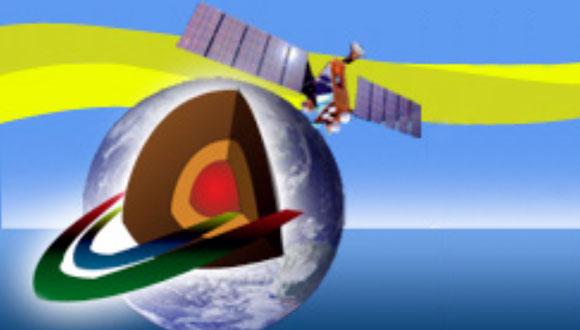Clone of Geosciences Dept. Seminar: Heliophysics: Understanding the Sun-Earth Interactions and Space Weather
Prof. Leon Ofman, CUA/NASA GSFC, Visiting TAU
Abstract:
The Sun produces radiative energy at nearly constant rate in the visible spectrum, providing climate forcing, and allowing life to evolve and sustain on the Earth. However, the solar radiation is highly variable in the UV, extreme UV, and X-ray emissions that are related to solar magnetic activity. Solar magnetic fields and energetic particles from Coronal Mass Ejections (CME’s) are the most important variable components of solar activity that determine space weather conditions that reach the Earth and can cause geomagnetic storms. The storms adversely affect communications, satellites, and human activity in space. Heliophysics is highly active area of research focused on understanding the Sun-Earth interactions, the causes and effects of Space Weather. The goal of this research is to characterize the plasma conditions and the energetic particle flux in the heliosphere, and predict through physics-based modeling the Space Weather conditions. Combining data from multiple satellite observations, such as NASA Solar Dynamics Observatory (SDO), the twin Solar Terrestrial Relations Observatory (STEREO) spacecraft, and early warning from satellites between the Sun and the Earth at L1 such as NASA Wind, and NOAA Geostationary Operational Environmental Satellites (GOES) achieved progress towards these goals. These observations are used to monitor the arrival of solar storms and to develop better computer modeling of CME propagation. Magnetospheric satellites, such as NASA Magnetospheric Multiscale (MMS) Mission and earthbased stations measure the final effects of space weather on the near-Earth environment. I will discuss the connection between solar variability and Space Weather conditions that affects the Earths’ ionosphere and magnetosphere, and the computational modeling efforts under way aimed at modeling and predicting Space Weather conditions in the heliosphere
Seminar Organizer: Prof. Eyal Haifetz


